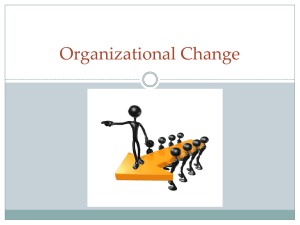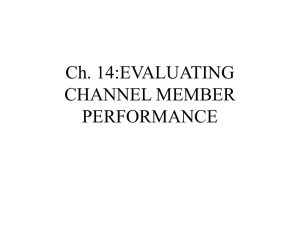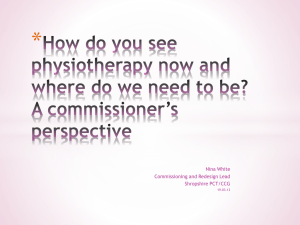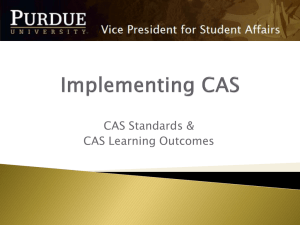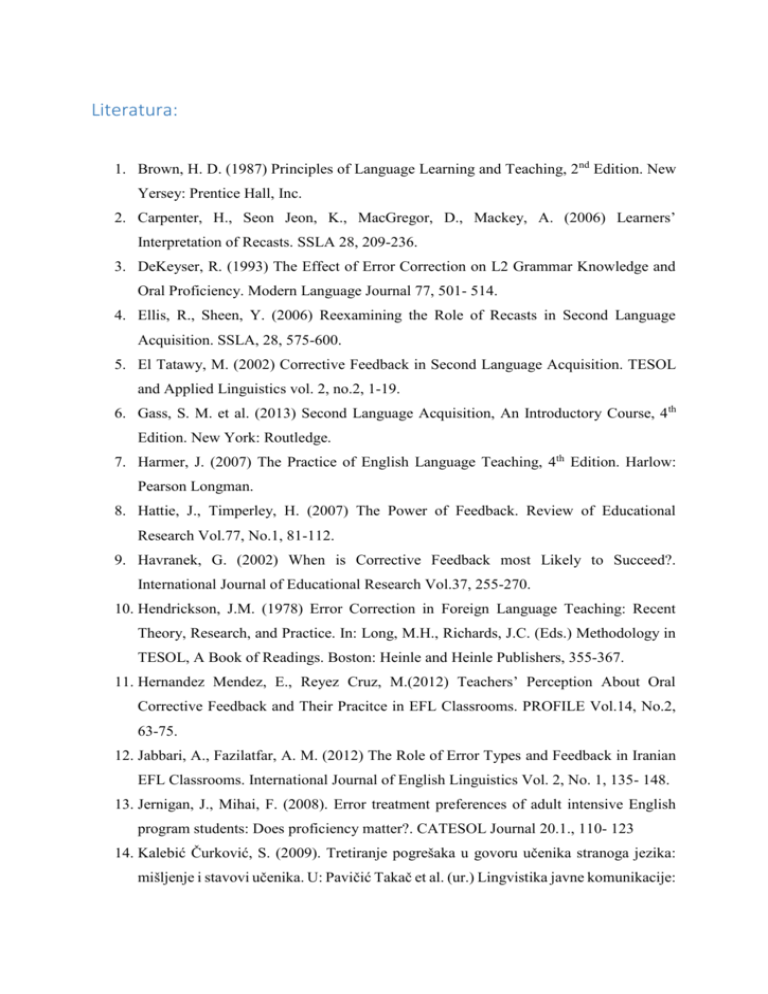
Literatura:
1. Brown, H. D. (1987) Principles of Language Learning and Teaching, 2nd Edition. New
Yersey: Prentice Hall, Inc.
2. Carpenter, H., Seon Jeon, K., MacGregor, D., Mackey, A. (2006) Learners’
Interpretation of Recasts. SSLA 28, 209-236.
3. DeKeyser, R. (1993) The Effect of Error Correction on L2 Grammar Knowledge and
Oral Proficiency. Modern Language Journal 77, 501- 514.
4. Ellis, R., Sheen, Y. (2006) Reexamining the Role of Recasts in Second Language
Acquisition. SSLA, 28, 575-600.
5. El Tatawy, M. (2002) Corrective Feedback in Second Language Acquisition. TESOL
and Applied Linguistics vol. 2, no.2, 1-19.
6. Gass, S. M. et al. (2013) Second Language Acquisition, An Introductory Course, 4th
Edition. New York: Routledge.
7. Harmer, J. (2007) The Practice of English Language Teaching, 4th Edition. Harlow:
Pearson Longman.
8. Hattie, J., Timperley, H. (2007) The Power of Feedback. Review of Educational
Research Vol.77, No.1, 81-112.
9. Havranek, G. (2002) When is Corrective Feedback most Likely to Succeed?.
International Journal of Educational Research Vol.37, 255-270.
10. Hendrickson, J.M. (1978) Error Correction in Foreign Language Teaching: Recent
Theory, Research, and Practice. In: Long, M.H., Richards, J.C. (Eds.) Methodology in
TESOL, A Book of Readings. Boston: Heinle and Heinle Publishers, 355-367.
11. Hernandez Mendez, E., Reyez Cruz, M.(2012) Teachers’ Perception About Oral
Corrective Feedback and Their Pracitce in EFL Classrooms. PROFILE Vol.14, No.2,
63-75.
12. Jabbari, A., Fazilatfar, A. M. (2012) The Role of Error Types and Feedback in Iranian
EFL Classrooms. International Journal of English Linguistics Vol. 2, No. 1, 135- 148.
13. Jernigan, J., Mihai, F. (2008). Error treatment preferences of adult intensive English
program students: Does proficiency matter?. CATESOL Journal 20.1., 110- 123
14. Kalebić Čurković, S. (2009). Tretiranje pogrešaka u govoru učenika stranoga jezika:
mišljenje i stavovi učenika. U: Pavičić Takač et al. (ur.) Lingvistika javne komunikacije:
Komunikacija u nastavi i komunikacijska gramatika, Zagreb-Osijek: HDPL, Filozofski
fakultet Osijek, 65-75.
15. Kim, J.H. (2004) Issues of Corrective Feedback in Second Language Acquisition.
Columbia University Working Papers in TESOL and Applied Linguistics Vol.4., No.2,
1-24
16. Li, S. (2013) The Interaction Between the Effects of Implicit and Explicit Feedback and
Individual Differences in Language Analytic Ability and Working Memory. The
Modern Language Journal 97.3, 634-654.
17. Lochtman, K. (2002) Oral Corrective Feedback in the Foreign Language Classroom:
How it Affects Interaction in Analytic Foreign Language Teaching. International
Journal of Educational Research 37, 271-283.
18. Long, M.H., Richards, J.C. (Eds.) (1987) Methodology in TESOL, A Book of Readings.
Boston: Heinle and Heinle Publishers.
19. Lyster, R. and Ranta, L. (1997) Corrective Feedback and Learner Uptake. SSLA 20, 3766.
20. Lyster, R., Saito, K., Sato, M. (2013) Oral Corrective Feedback in Second Language
Classrooms. Language Teaching Vol.46, Issue 01, 1-40.
21. Mackey, A., Philp, J. (1998) Conversational Interaction and Second Language
Development: Recasts, Responses, and Red Herrings?. The Modern Language Journal
82, 338-356.
22. Margolis, D.P. (2010) Handling Oral Corrective Feedback in Language Classrooms.
MinneWITESOL Journal Vol.27, 4-17
23. Norris, J.M., Ortega, L. (Eds.) (2006) Synthesizing research on Language Learning and
Teaching, Amsterdam: John Benjamins.
24. Panova, I., Lyster, R. (2002) Patterns of Corrective Feedback and Uptake in an Adult
ESL Classroom. TESOL Quarterly Vol.36, No.4, 573-595.
25. Pavičić Takač et al. (Eds.) (2009) Lingvistika javne komunikacije: Komunikacija u
nastavi i komunikacijska gramatika, Zagreb-Osijek: HDPL, Filozofski fakultet Osijek.
26. Rahimi. A., Dastjerdi, H.V. (2012) Impact of Immediate and Delayed Error Correction
on EFL Learners’ Oral Production: CAF. Mediterranean Journal of Social Sciences
Vol.3 (1), 45-54.
27. Rezaei, S., Mozzaffari, F., Hatef, A. (2011) Corrective Feedback in SLA: Classroom
Practice and Future Directions. International Journal of English Linguistics Vol.1, No.1,
21-29.
28. Russell, J., Spada, N. (2006) The Effectiveness of Corrective Feedback for the
Acquisition of L2 Grammar. In: Norris, J.M., Ortega, L. (Eds.) Synthesizing research
on Language Learning and Teaching, Amsterdam: John Benjamins, 133-164.
29. Safari, P. (2013) A Descriptive Study on Corrective Feedback and Learners‟ Uptake
during Interactions in a Communicative EFL Class. Theory and Practice in Language
Studies, Vol. 3, No. 7, 1165-1175
30. Samar, R.G., Shayestefar, P. (2009) Corrective Feedback in EFL Classrooms: Learner
Negotiation Strategies and Uptake. Journal of English Language Teaching and Learning
Year 52, No.212, 107-134
31. Vasquez, C., Harvey, J. (2010) Raising Teachers’ Awareness About Corrective
Feedback Through Research Replication. Language Teaching Research Vol.14, No.4,
421-443.
32. Yoshida, R. (2008) Teachers’ Choice and Learners’ Preferences of Corrective Feedback
Types. Language Awareness Vol.17, No.1, 78-93.

